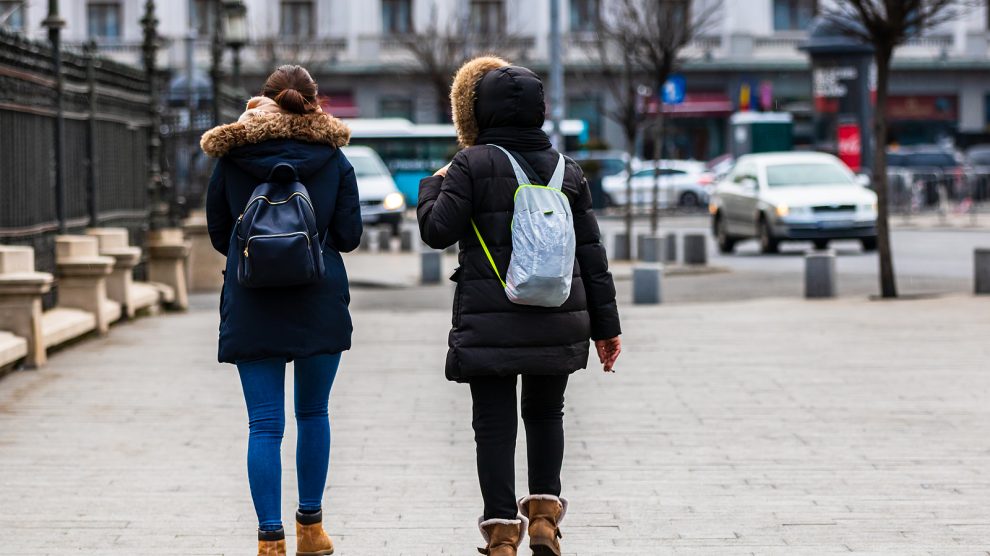In Central and Eastern Europe and Central Asia, the full effects of Russia’s invasion of Ukraine on the region’s labour market are not yet known.
The current global economic slowdown is likely to force more workers to accept lower quality, poorly paid jobs which lack job security and social protection, so accentuating inequalities exacerbated by the Covid-19 crisis, according to a recent International Labour Organisation (ILO) report.
- Economy in focus: Czechia
- Eastern European growth weaker, but resilient
- Why, during wartime, Ukraine’s EU integration is more important than ever
The ILO’s World Employment and Social Outlook: Trends 2023 also projects that global employment growth will be only one per cent in 2023, less than half the level in 2022.
Global unemployment is slated to rise slightly in 2023, by around three million, to 208 million (corresponding to a global unemployment rate of 5.8 per cent). The moderate size of this projected increase is largely due to tight labour supply in high-income countries. This would mark a reversal of the decline in global unemployment seen between 2020-2022.
In Europe and Central Asia, particularly hard hit by the economic fallout from the Ukraine conflict, while employment is projected to decline in 2023, unemployment rates should increase only slightly given the backdrop of limited growth in the working-age population.
In addition to unemployment “job quality remains a key concern”, the report says, adding that, “decent work is fundamental to social justice”. A decade of progress in poverty reduction faltered during the Covid-19 crisis. Despite a nascent recovery during 2021, the continuing shortage of better job opportunities is likely to worsen, the study says.
The current slowdown means that many workers will have to accept lower quality jobs, often at very low pay, sometimes with insufficient hours.
Furthermore, as prices rise faster than nominal labour incomes, the cost-of-living crisis risks pushing more people into poverty. This trend comes on top of significant declines in income seen during the Covid-19 crisis, which in many countries affected low-income groups worst.
“The need for more decent work and social justice is clear and urgent,” says Gilbert F. Houngbo, the ILO’s director-general. “But if we are to meet these multiple challenges, we must work together to create a new global social contract.”

The outlook for CEE
In Central and Eastern Europe, the report warns that the fallout from Russia’s aggression in Ukraine is already stark and the full effects on the region’s labour market are not yet known.
In October 2022, the ILO estimated that 2.4 million jobs had been lost in Ukraine alone. The United Nations High Commissioner for Refugees (UNHCR) reports more than seven million refugees from Ukraine in Europe as of October 2022, including 1.4 million in Poland and 800,000 in Germany.
The impact of these inflows of refugees on domestic labour markets, social insurance systems and public services – including in neighbouring countries such as Hungary, Moldova, Poland, Romania and Slovakia – are not yet clearly established.
For youth, the labour underutilisation caused by the pandemic and the fallout from the Ukraine conflict are exacerbating the risk that many young people will be scarred by multiple periods of inactivity and uncertainty; gaps in experience and expiring skills will increase the chances of long-term unemployment and underemployment.
“The slowdown in global employment growth means that we don’t expect the losses incurred during the Covid-19 crisis to be recovered before 2025,” says Richard Samans, director of the ILO’s research department and report coordinator.
“The slowdown in productivity growth is also a significant concern, as productivity is essential for addressing the interlinked crises we face in purchasing power, ecological sustainability and human well-being.”
Unlike many news and information platforms, Emerging Europe is free to read, and always will be. There is no paywall here. We are independent, not affiliated with nor representing any political party or business organisation. We want the very best for emerging Europe, nothing more, nothing less. Your support will help us continue to spread the word about this amazing region.
You can contribute here. Thank you.


